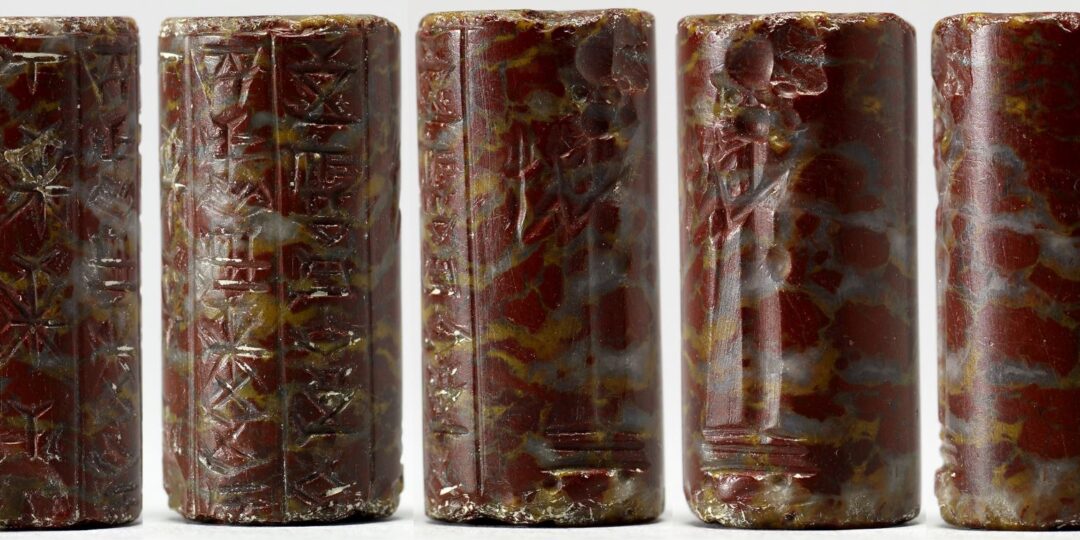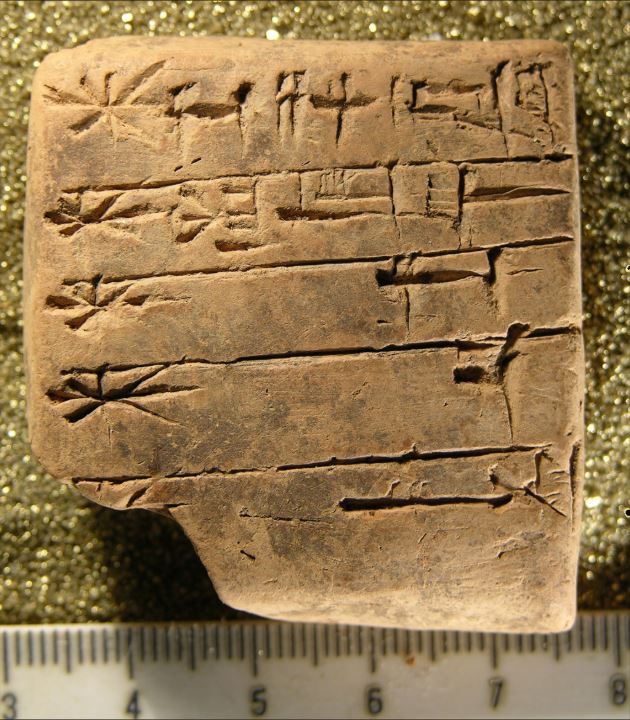And so, we come to the end of week one. Thanks for following along! Is it changing my life? I’m enjoying the structure of getting up early to finish up the day’s offering. I’m really enjoying digging deep into the creation stories, and seeing the echoes between cultures, where one story directly influenced another like Atrahasis and Noah’s floods and arks. But as well as these, it’s also satisfying to hear rhymes, where one story fulfils a need which is common to other cultures without any direct thread of cultural transmission.
An example – why do we search for explanations for the lights in the sky that shine down on us night and day? Why are there so many gods of celestial bodies? Why does the universe need explaining in this way?
It’s understandable in the case of the big two, which have a direct and tangible effect on our lives through night and day, seasons and tides. But ancient peoples also noticed something different about the “wandering stars”, the planets. Those stars that don’t follow a nightly circular path through the skies as the Earth turns, but rather wander in cycles and epicycles that stand out to the careful observer. If something doesn’t fit the pattern, we have a deep urge to know why. For some reason, many cultures have felt these need an explanation, and in many cases personification in the form of a deity.
Take the morning star/evening star: the next brightest in the sky after the sun and the moon. She was Inanna to Sumerians (todays image is a seal of a priest to An and Inanna), Venus to the Romans, Aphrodite to the Greeks, Chak Ek to the Mayans, Shukra in the Vedic traditions (associated with wealth, pleasure, reproduction), and represents gold in Chinese astrology. There are some direct echoes here, but some are just rhymes. The only common thread being human nature. We are machines for pattern recognition, factories for the production of theories. If something doesn’t fit the pattern, we come up with a story to explain why. If something is out of place, someone must have put it there. And sometimes those someones have lives of their own, up in the stars.
The end of this first week marks the end of a week of gods and goddesses. They’ll still be around – it’s hard to avoid them when you’re wading in the mud of the Tigris and Euphrates.

